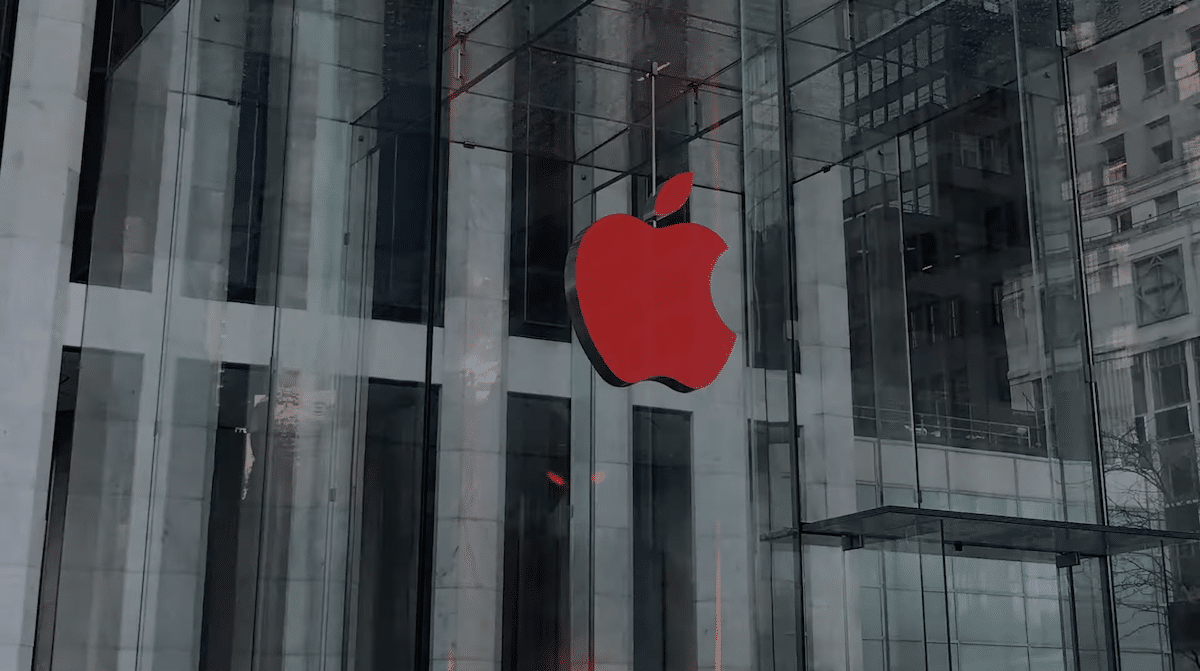In its disclosure report released earlier this week, Apple states that it spent quarterly high $2.5 million in the first three months of 2022 on lobbying, especially against antitrust legislation proposed by the U.S. Congress to limit the power of tech giants over their digital ecosystems.
Since 2020, Apple, Amazon, Google, and Meta (former Facebook) have been facing antitrust pressures from U.S. lawmakers who seek to end the anti-competitive practices in the tech industry to provide a level playing field to all, especially small developers. As the Congressional bills like the American Innovation and Choice Online Act and Open Markets Act are gaining support to become laws, the tech giants are increasing their lobbying budgets to tackle them along with other issues.

Apple increased its lobbying budget by 34% in Q1, 2022 to tackle antitrust bills in the U.S., along with other issues
According to Bloomberg’s report, the tech giant has increased its lobbying budget by more than 34% since its last quarter (Q4, 2021) to tackle several issues and measures including antitrust bills which propose to allow sideloading on iOS and restrict the tech company from promoting its own products.
Apple lobyying expenditures increased more than 34% from the $1.86 million the company spent in the fourth quarter of 2021, according to disclosure reports release Wedenesdy. The previous high was $2.2 million, spend in the second quarter of 2017.
Apple disclosed lobbying on dozens of issues and measures including antitrust bills intended to curtail the power of big technology companies.

Other U.S. tech giant also opened their wallets on lobbying; Google spent $2.96 million, Microsoft Corp spent $2.5 million, Amazon spent under $5 million and Meta spent $5.39 because the upcoming antitrust bills impact them all, not just Apple.
The Open App Markets Act is one the antiturst measures with bipartisan support under consideration in Congress. The bill would prevent app market operators including Apple and Google from giving prefrential treatment to their own product.
The legislation would prohibit owners from requireing develoers to use in-app payment systems owned by the platform. It would also ban owners from requiring more favorable pricng or conditions compared to other app stores or punishing the developers from different pricing terms elsewhere. – Bloomberg
If the bills become laws, they will impact the Cupertino tech giant the most. Apple markets its App Store digital marketplace as a necessary barrier against malicious malware to protect consumers from falling victims to fraud, theft, blackmail, and other forms of attack. If sideloading is allowed on the iOS, that will not only drastically jeopardize the App Store ecosystem but also deprive the tech giant of in-app purchases revenue.